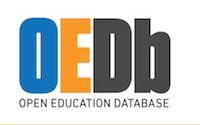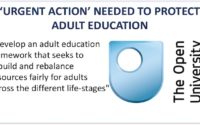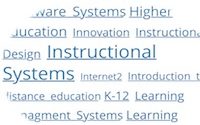
Let’s Talk Learning Analytics: A Framework for Implementation in Relation to Student Retention
This paper presents a dialogical tool for the advancement of learning analytics implementation for student retention in Higher Education institutions. The framework was developed as an outcome of a project commissioned and funded by the Australian Government’s Office for Learning and Teaching. The project took a mixed-method approach including a survey at the institutional level […]














